Cell Reproduction -> social health
Social Health
Social health refers to a person's ability to form meaningful and positive relationships with others. It involves the ability to interact with others, communicate effectively, and maintain healthy relationships with friends, family, and the community.
Here are some key points to understand about social health:
- Communication: Good social health involves being able to express oneself clearly and listen to others effectively. This includes both verbal and nonverbal communication.
- Relationships: Building and maintaining positive relationships with family, friends, and peers is essential for social health. This includes showing empathy, respect, and support for others.
- Community: Being an active and contributing member of the community is important for social health. This can involve volunteering, participating in community events, and supporting local initiatives.
- Conflict resolution: Developing skills to resolve conflicts peacefully and constructively is crucial for maintaining healthy relationships and overall social well-being.
Here are some study guide questions to help you understand social health:
- What is the importance of effective communication in social health?
- How do positive relationships contribute to overall well-being?
- What are some ways to actively participate in the community for improved social health?
- Why is conflict resolution an important aspect of social health?
Understanding and nurturing social health is essential for overall well-being and happiness. By developing strong social skills and fostering positive relationships, individuals can lead more fulfilling lives and contribute to a healthier society.
.◂Science Worksheets and Study Guides Seventh Grade. Cell Reproduction
Study Guide Cell Reproduction
Cell Reproduction  Activity Lesson
Activity Lesson Mitosis & Meiosis
Mitosis & Meiosis  Worksheet/Answer key
Worksheet/Answer key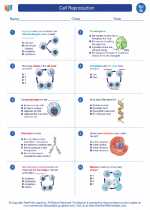 Cell Reproduction
Cell Reproduction  Worksheet/Answer key
Worksheet/Answer key Cell Reproduction
Cell Reproduction  Worksheet/Answer key
Worksheet/Answer key Cell Reproduction
Cell Reproduction  Vocabulary/Answer key
Vocabulary/Answer key Cell Reproduction
Cell Reproduction  Vocabulary/Answer key
Vocabulary/Answer key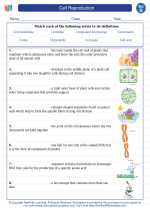 Cell Reproduction
Cell Reproduction  Vocabulary/Answer key
Vocabulary/Answer key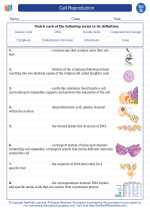 Cell Reproduction
Cell Reproduction  Vocabulary/Answer key
Vocabulary/Answer key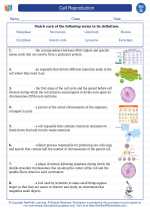 Cell Reproduction
Cell Reproduction  Vocabulary/Answer key
Vocabulary/Answer key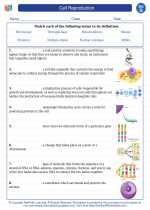 Cell Reproduction
Cell Reproduction  Vocabulary/Answer key
Vocabulary/Answer key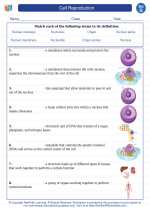 Cell Reproduction
Cell Reproduction  Vocabulary/Answer key
Vocabulary/Answer key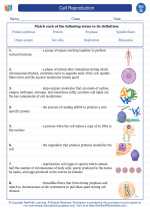 Cell Reproduction
Cell Reproduction  Vocabulary/Answer key
Vocabulary/Answer key Cell Reproduction
Cell Reproduction 

 Activity Lesson
Activity Lesson
 Worksheet/Answer key
Worksheet/Answer key
 Worksheet/Answer key
Worksheet/Answer key
 Worksheet/Answer key
Worksheet/Answer key
 Vocabulary/Answer key
Vocabulary/Answer key
 Vocabulary/Answer key
Vocabulary/Answer key
 Vocabulary/Answer key
Vocabulary/Answer key
 Vocabulary/Answer key
Vocabulary/Answer key
 Vocabulary/Answer key
Vocabulary/Answer key
 Vocabulary/Answer key
Vocabulary/Answer key
 Vocabulary/Answer key
Vocabulary/Answer key
 Vocabulary/Answer key
Vocabulary/Answer key

The resources above cover the following skills:
LIFE SCIENCE
From Molecules to Organisms: Structures and Processes
Gather and synthesize information to explain how prokaryotic and eukaryotic cells differ in structure and function, including the methods of asexual and sexual reproduction.